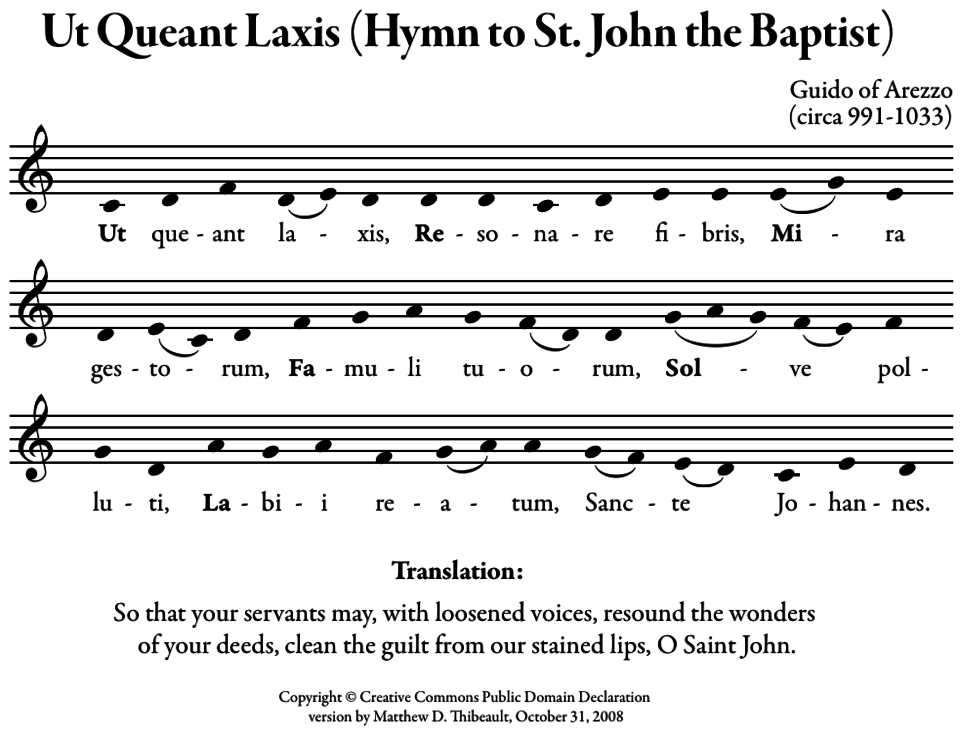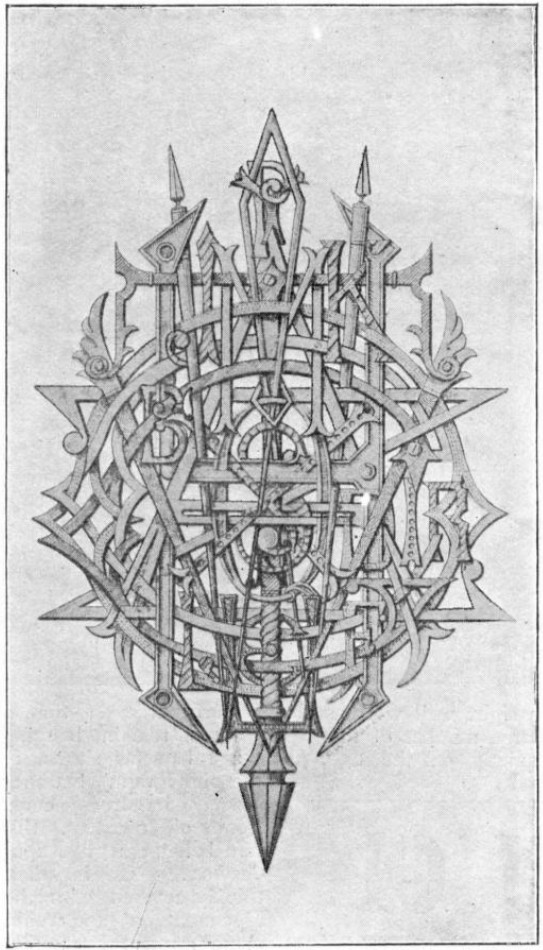In the 19th century, British polymath William Barnes tried to reform English by limiting it to words of Saxon-English origin. Where no “Teutonic” words were available to express his meaning, he made up alternatives, such as sky-sill for horizon, glee-craft for music, wort-lore for botany, hearsomeness for obedience, somely for plural, and folkwain for omnibus.
In 1948, Richard Lister challenged the readers of the New Statesman to write the opening paragraphs of a novel set in present-day London in this style of reformed English. Reader D.M. Low offered this:
As Ernest was wafted up on the dredger from the thorough-hole at Kingsway he was inwardly upborne to see Pearl again; but, alas, evenly castdown for the blue-eyed bebrilled booklearner was floating downwards on the other ladderway. It was now or never. Ernest fought back against the rising stairs and the gainbuildfulness of hirelings bound for work. Pushing aside fingerwriters, shophelpers and even deeded reckoning-keepers, by an overmanly try he reached the bottom eventimeously with Pearl.
‘What luck! Can you eat with me tonight? I know a fair little upstaker near here.’
‘Oh! I can’t. My Between-go is in Fogmonth, and I must get through and …’
The rumble of the ambercrafty wagonsnake drowned her words.
‘Hark! There’s the tug. I must fly.’
It was hard to be wisdomlustful. Forlorn in his trystlessness Ernest sought Kingsway again and dodging hire-shiners and other self-shifters recklessly headed towards the worldheadtownly manystreakiness of the Strand.
He appended this glossary:
dredger: escalator.
ladderway: escalator.
upborne: elated.
evenly: equally.
bebrilled: bespectacled, (German Brille).
booklearner: student.
gainbuildfulness: obstructiveness.
fingerwriters: typists, cf. dattilografa.
deeded reckoning keepers: chartered accountants.
overmanly: superhuman.
eventimeously: simultaneously.
upstaker (less correctly upstoker): restaurant.
Between go: student slang for Between while try out i.e., Intermediate Examination.
Fogmonth: November.
ambercrafty: electric, lit. electric powered.
wagonsnake: train (archaic and poet.).
tug: train cf. German Zug.
wisdomlustful: philosophical.
trystlessness: disappointment.
hire-shiners: taxis.
self-shifters: automobiles.
manystreakiness: variety.
worldheadtownly: cosmopolitan.
Other readers had suggested eyebiting for attractive, lip-hair for moustache, slidehorn for trombone, and smokeweed for cigarette. The winning entries are here.



